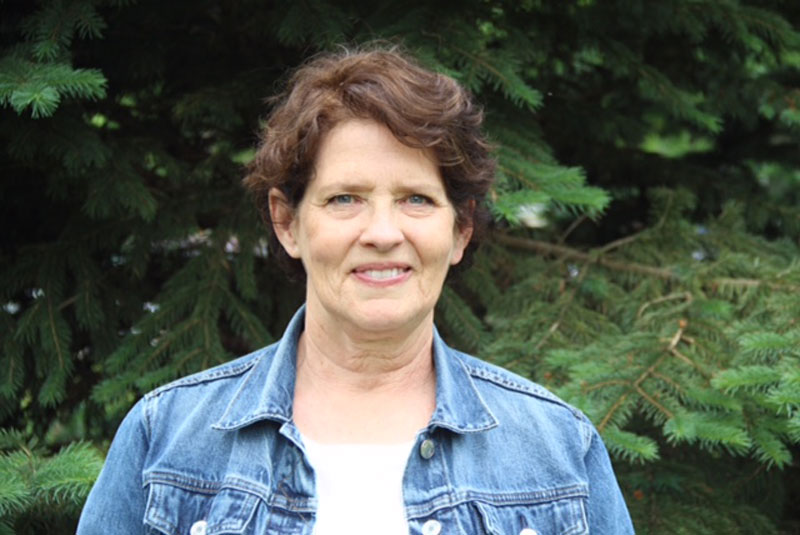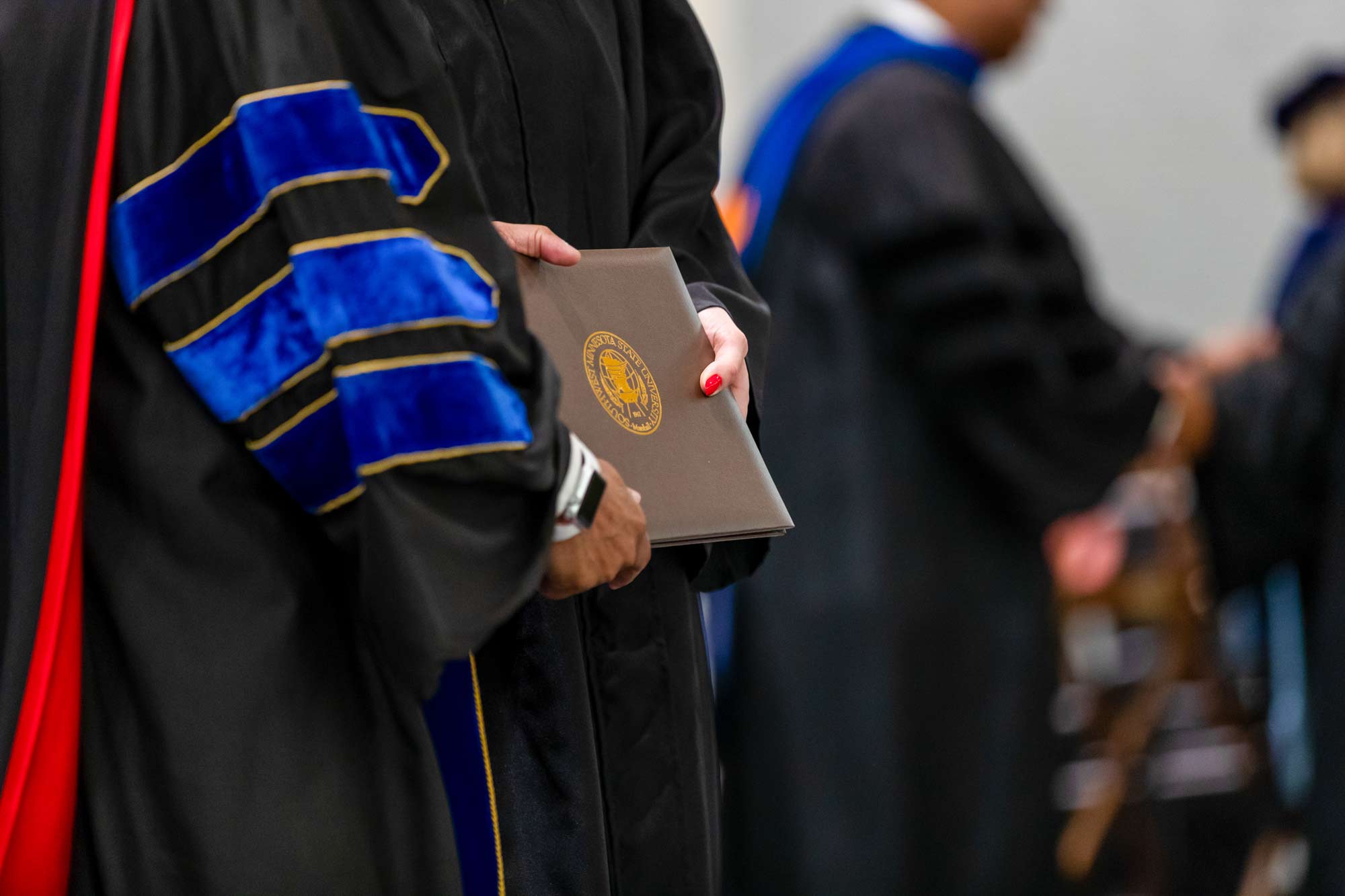Cynthie Christensen, MARL Class III, Advocate For Rural Mental Health
Published Thursday, June 20, 2019
Note: This is the fifth in a series of articles about Minnesota Agriculture and Rural Leadership (MARL) alumni leading up to the 20th anniversary of the program.
“So much is out of our control, so we need to think about what we do have control over and start with that. We never know how something is going to turn out, so don’t get too far ahead with worry. Manage today what you can manage,” explains Cynthie Christensen, MARL Class III alumna from Rushford, Minn., who is a licensed therapist and psychiatric nurse at Mayo Clinic. Her career, combined with her passion for agriculture, allows her to give back to the rural community and MARL by educating others about mental health and rural resilience.
MARL provided Christensen with excellent agricultural education and an opportunity to learn more about Minnesota agriculture and then represent the state and nation on an international trip to China. The knowledge gained through this trip allows her to better understand China’s economy and farming practices. Understanding the culture and knowing their story is important when hearing about the tariffs today. However, she also understands the impact the tariffs have on farmers in Minnesota. Christensen recalls, “No one spends more money in the rural area then our farmers. When the farming economy struggles, it affects the entire community. It isn’t a farm problem; it affects everyone which could gut rural America.”
Christensen believes the tariffs and the unfortunate weather patterns create a need for farmers to revolutionize farming. She explains, “We need to gain different markets and think outside the box. We need to have conversations and figure out how the farmer and the community can benefit from each other.”
MARL is so important during these challenging times. Christensen understands, “We need to have a platform where we can brainstorm and bring people from diverse occupations and perspectives together to really begin to have honest, challenging, and innovative conversations.” The diversity MARL creates is crucial. Agricultural leaders must listen, understand other ideas, and take action.
“MARL propelled me to do something,” Christensen states. After MARL, she began serving as President of the Houston County Farm Bureau where she still serves ten years later. She also uses her medical expertise to help the rural area with the challenges they face.
All too often, mental health issues remain hidden, but it is Christensen’s hope that someday it will be discussed more openly. At one of her lectures, a woman stood up and made a comparison Christensen won’t soon forget. "The woman said, 'Back in the day, if someone had cancer, no one talked about it. It was the 'Big C' and no one shared. It was private and no one else’s business,'" Christensen hopes rural mental health will be similar. “I am hoping one day we will recall that back in the day we didn’t talk about mental health, but now we do. Cancer patients ask for help, they don’t go at it alone anymore. I hope we can transition and talk about mental health struggles in the same way.”
Christensen understands the competitive nature of farming but urges farmers to work together and to watch out for one another. Christensen explains, “Although farmers are stereotypically proud, independent people, those qualities can work against them when they deal with stress, worry and anxiety. Therefore, we, as friends and neighbors, need to notice if someone isn’t where he/she typically should be. Make a phone call. Check in.” Christensen also acknowledges, “Farmers are observers. They have a natural instinct. They watch everything and are tuned in to what is going on around them, whether it is in their barns or checking their fields. Just as farmers walk among their cattle, hogs or chickens and notice changes in behavior, they must also observe one another and notice when something seems off.”
To those farmers who are struggling, Christensen encourages them to find someone they are comfortable with, a pastor, doctor, therapist, or friend, and talk about it. Bring it out of the dark.
“Rural health matters,” Christensen emphasizes and recommends, “Reach out to me, to a therapist, or to the free, confidential, and 24/7 MN Farm and Rural helpline at 833-600-2670. Often, just admitting it and telling someone about the struggles is healing.” Christensen stresses, “It is so important to talk about it especially in the rural areas where there is more isolation and more stigma regarding mental health issues.”
Christensen understands it often feels isolating on the farm, yet farmers are never alone. “There is always hope. We need to continue to learn how to help people and support each other by having difficult conversations.” Christensen encourages those with innovative ideas on how to help farmers through this crisis to contact her as she welcomes the opportunity to hear suggestions and work together. Christensen understands there are a lot of conversations already happening and encourages everyone to work together to find a way to help people who often don’t always ask for help.
MARL motivated Christensen to find a way to make a difference, and she encourages others who are interested to apply. “MARL needs intelligent, open-minded individuals who love to learn and are willing to connect with others who vary in opinions. Diversity is critical, and you need to be willing to have challenging conversations with others.”
Christensen hopes the mindset in rural America will eventually switch, and people will understand asking for help is healing. “We need to put things into perspective. We need to be more realistic. We need to manage today what we can manage and stop worrying about the unknown. We never know what will happen tomorrow. Sometimes when we get so stressed out, we can’t see the options. However, there are always options and there is always hope.”






